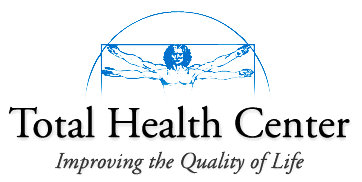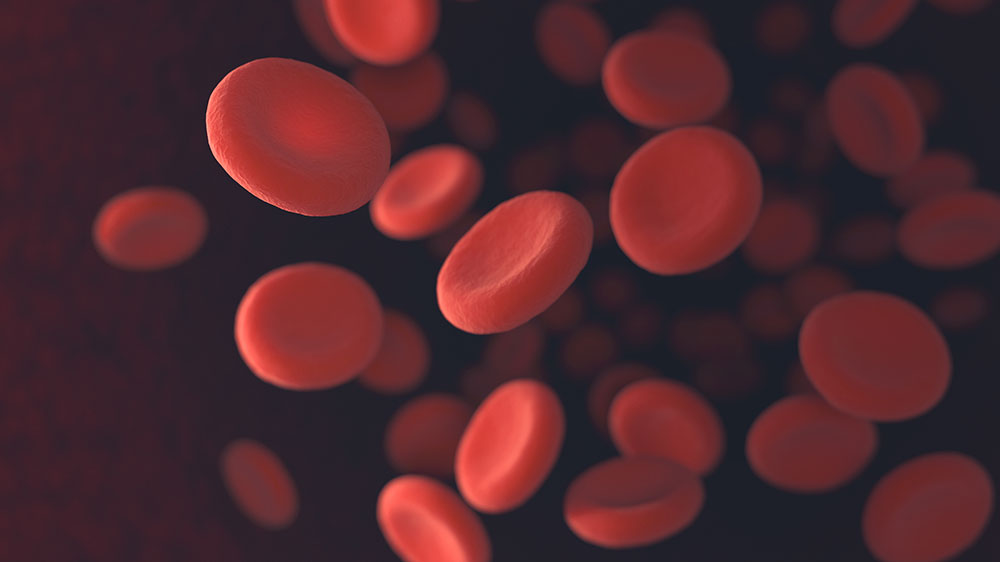Anemias
I’ve mentioned that the number-one cause of hypothyroidism is an autoimmune thyroid, but the question I get is, “What if the patient isn’t autoimmune?” Since there are a small percentage of patients who are not autoimmune, what else could be causing the problem?
Anemia is the answer! Anemia in and of itself is a deal-breaker for nutritional support of any kind, including thyroid support, since anemia literally starves your body of oxygen.
Oxygen is very important in healing your body. Your brain and nervous system need two things to survive: fuel and activation. Fuel comes in the form of oxygen and glucose. We’ll talk about glucose in a future “secret,” but when you deprive your body of oxygen, you deprive your red blood cells (RBCs) of oxygen. The basic function of the RBCs is to maintain, regenerate, and heal the body. With no RBCs, the body simply cannot operate adequately!
It is vital that the clinician address the anemic patient. Anemia can be due to a variety of reasons and factors, including B12 anemia or pernicious anemia, an autoimmune disease. Some forms of anemia don’t seem to respond to iron supplements because the red blood cells break down.
So when this happens, supplementing won’t increase iron levels and can, in fact, make the problem much worse. Too much iron in the body is much more toxic than mercury, lead or other heavy metals. As I’ve said and will continue to say, if the patient does not have an autoimmune condition you want to look at the four priorities and the four priorities are: number one, anemia; number two, blood sugar or glucose; number three, gut function/liver; and number four, fatty acid metabolism. ALL of these systems need to be checked.
Don’t suffer another minute! Schedule a free consultation with Dr. Mark Scott today. Space is limited!

